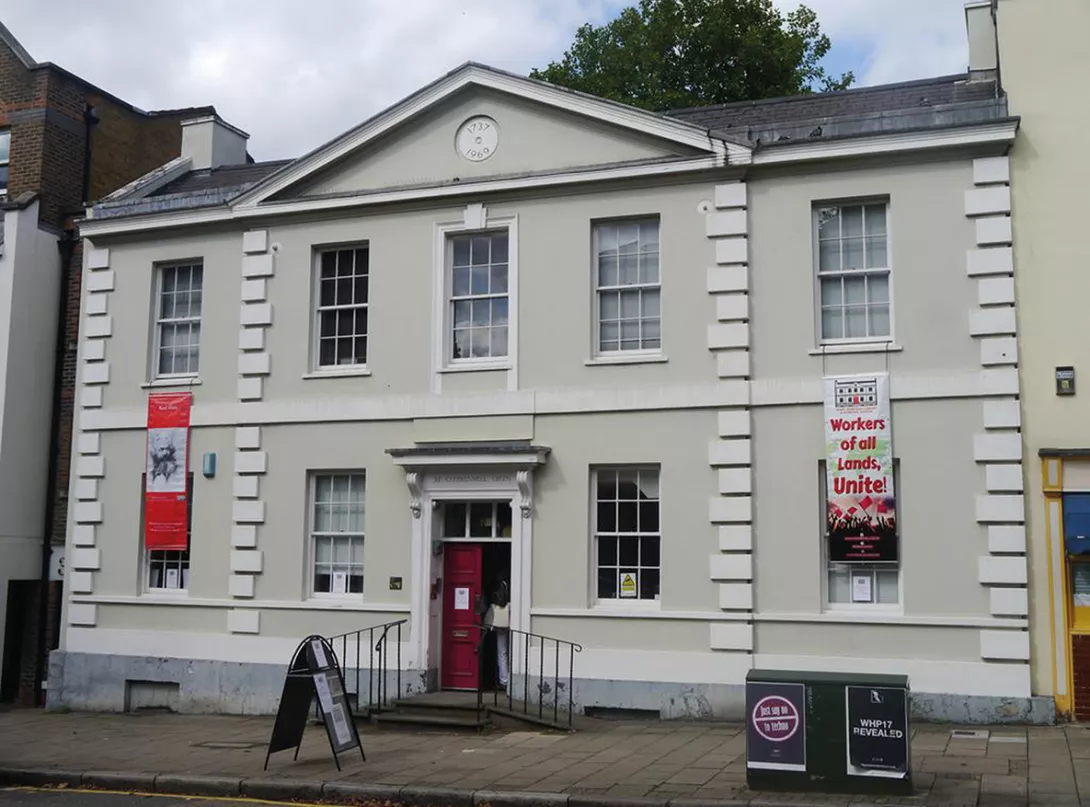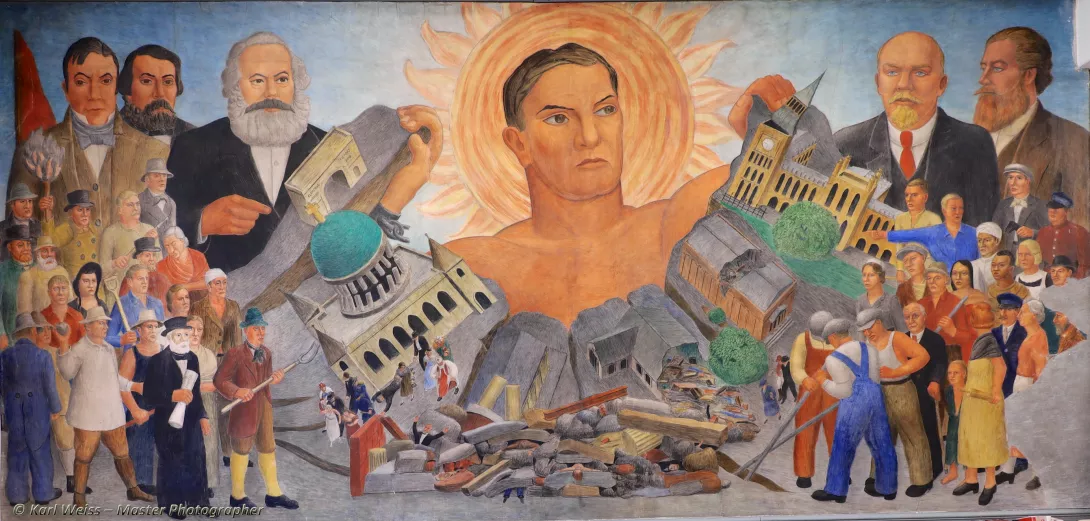VIJAY PRASHAD examines why in 2018 Washington started to take an increasingly belligerent stance towards ‘near peer rivals’ – Russa and China – with far-reaching geopolitical effects
Ambitious outreach plans at the Marx Memorial Library
The Marx Memorial Library is a treasure trove of labour movement archives and tradition of working-class education, writes MEIRIAN JUMP
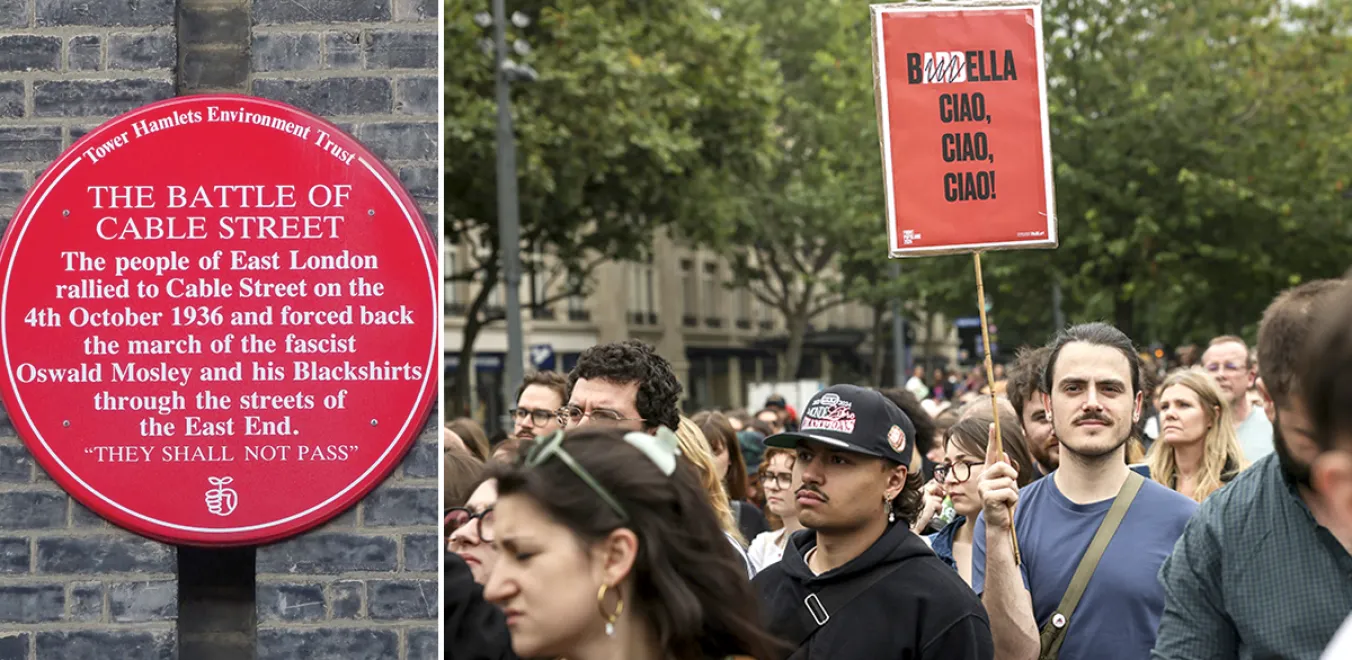
More from this author
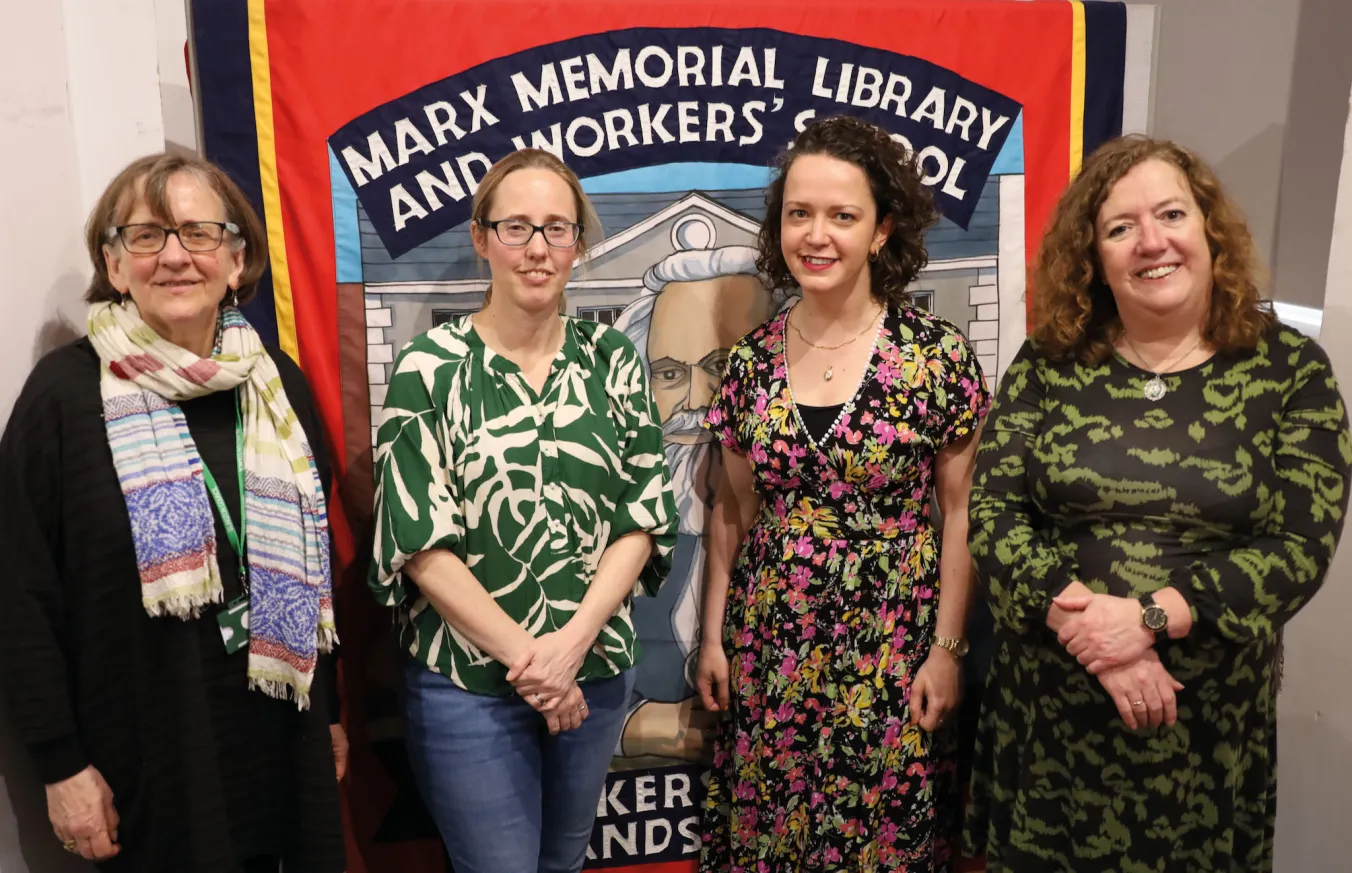
Looking ahead to the centenary in 2033, MML director MEIRIAN JUMP reports on the ambitious plans to renovate and open up the historic institution as a ‘shopfront for Marxism’ in the heart of central London
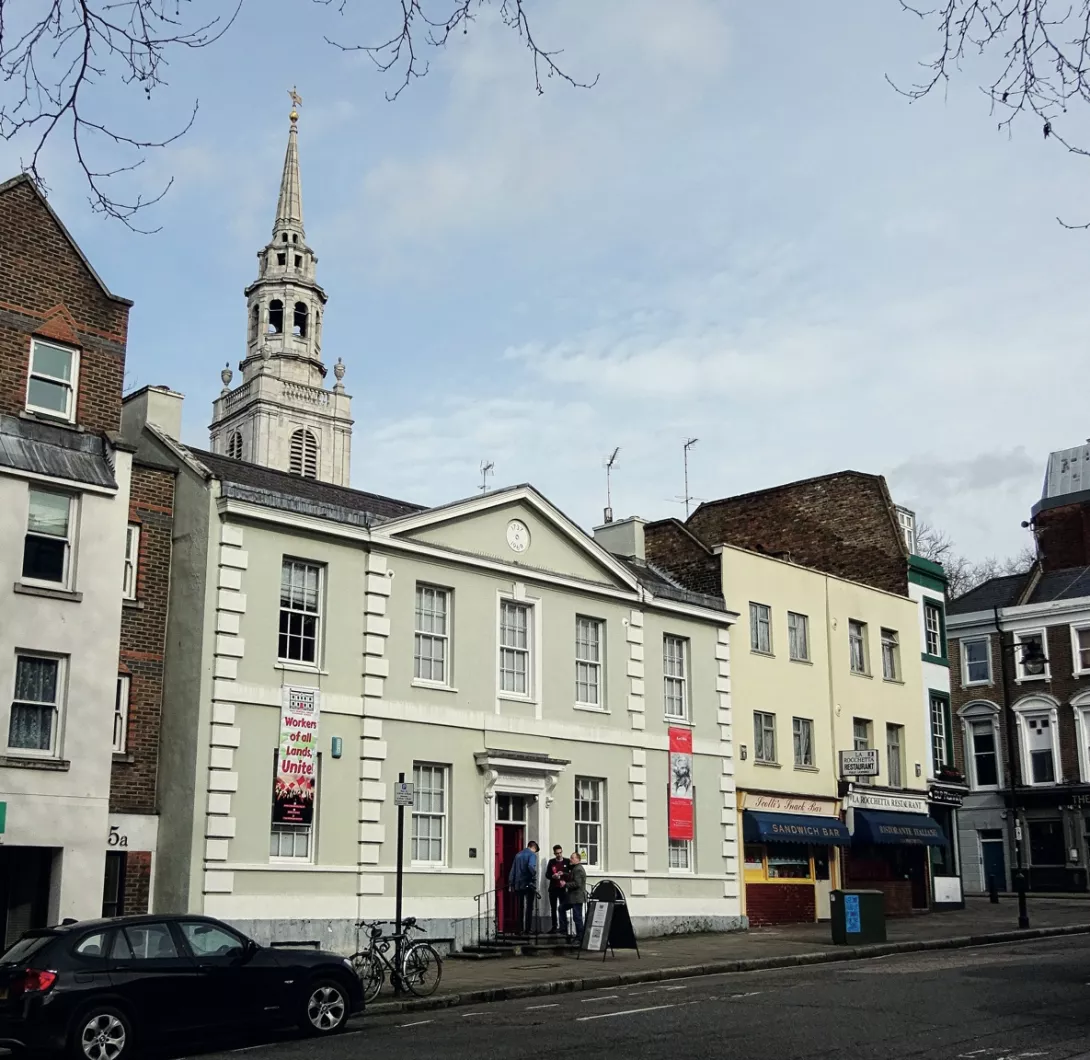
MEIRIAN JUMP reports from the weekend’s international conference to mark the 90th anniversary of the founding of Marx Memorial Library and Workers School
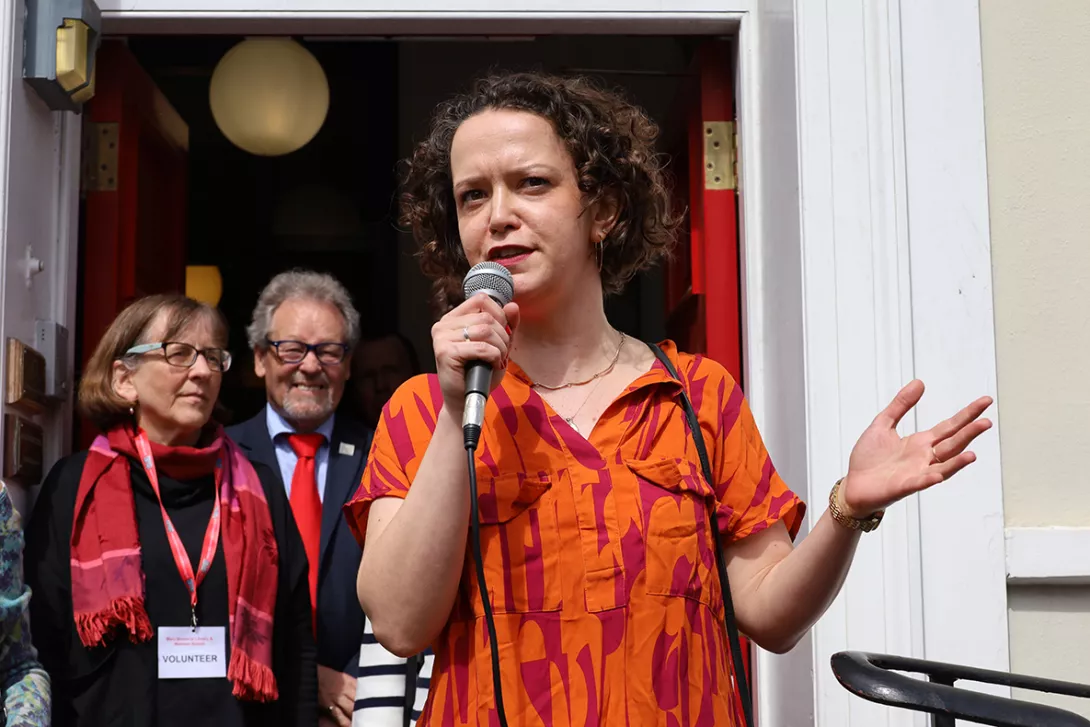
MEIRIAN JUMP explains how the MML is developing its proud history of trade union education for activists to build their knowledge of struggle and class analysis
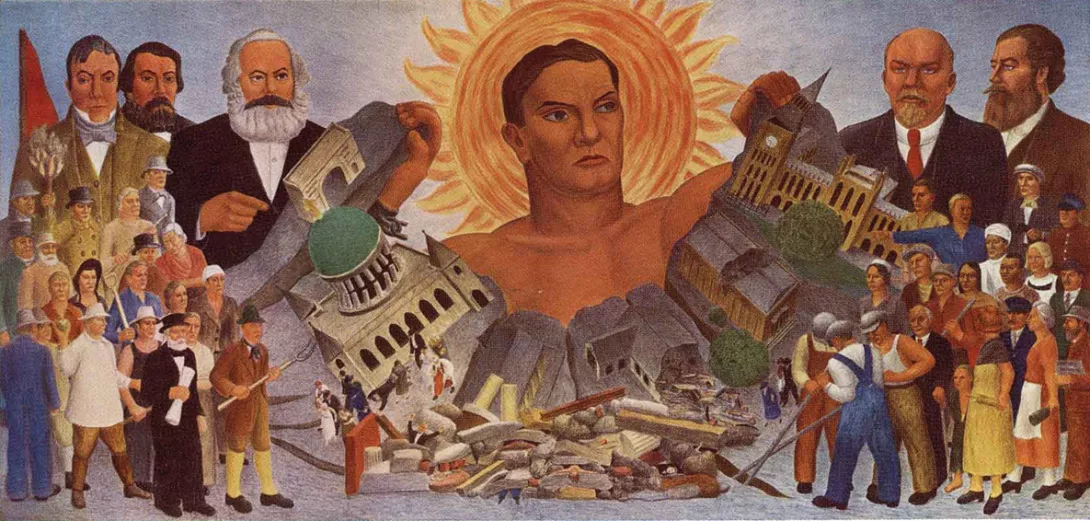
MML director MEIRIAN JUMP announces a highlight of the historic building's annual calendar — open doors and speeches for May Day — and exciting future plans after securing major new funding
Similar stories

Looking ahead to the centenary in 2033, MML director MEIRIAN JUMP reports on the ambitious plans to renovate and open up the historic institution as a ‘shopfront for Marxism’ in the heart of central London

The impact of AI depends on who controls it and for what purpose, argues the Marx Memorial Library










